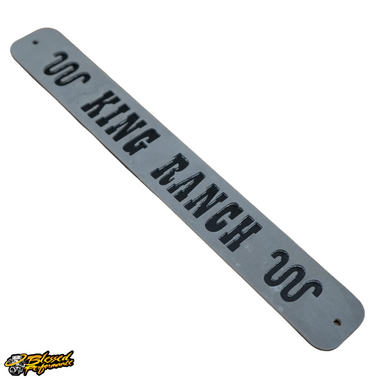How Does Exhaust Back Pressure Affect the Engine?
Estimated 0 min read
Diesel vehicles are many layered machines. Every part works in conjunction with the others, directly and indirectly. Nowhere is this more evident than in the relationship between the engine and exhaust system, particularly regarding exhaust back pressure. How does exhaust back pressure affect the engine? Here’s a quick breakdown to help you understand the process and learn how to improve it. It could go a long way toward improving your vehicle’s performance and extending its lifespan!
Exhaust Back Pressure: The What
Every engine releases exhaust, or the gaseous byproducts of burning fuel—namely carbon dioxide. After the fuel is ignited, the exhaust system pushes the exhaust through the tailpipe or pipes. Exhaust must flow smoothly, letting the engine “breathe” and offering optimum performance. When the gas doesn’t flow, the vehicle suffers. Common problems that interfere with the exhaust system include blocked air filters, clogged or narrow pipes, and mufflers that interfere with the free flow of exhaust.
When the exhaust is blocked or slow-moving, it produces and increases back pressure, which is not good. Once again, the exhaust must flow out of the vehicle. Back pressure prevents this and places excess strain on the vehicle. Here’s how it affects your engine and more.
Reduced Performance
Poor performance is the biggest and worst effect of back pressure. It forces the engine to work twice as hard (or twice as bad) to get the gases out so it can power the vehicle. As back pressure rises, horsepower and torque can drop. You’ll feel this drop in quality and performance as you drive, especially when you attempt to accelerate or carry heavy loads.
Higher Fuel Bills
Does it seem like you’re paying to fill your tank with diesel more often than you should? Back pressure might be forcing your engine to consume more diesel fuel in order to maintain basic levels of performance, speed, and power. Diesel engines are remarkably fuel efficient, but if the opposite seems true, it might be a back pressure issue that’s simultaneously hurting your engine and putting a dent in your wallet.
Too Darn Hot
Is your engine running hot, even in cool temperatures while performing low-level tasks? Back pressure can trap heat inside the engine, and subsequently, performance peters out. Overheating is deadly for engines, so find out the source of the blockage as soon as possible before you end up paying for a new engine.
Under (Back) Pressure
Fortunately, back pressure is an easy fix. Bring your vehicle to the mechanic for regular inspections in order to ensure the exhaust doesn’t encounter blockages, clogs, or the like. Also, invest in an upgraded exhaust system to combat back pressure. Upgrades include wider pipes and high-performance mufflers.
Now you know how exhaust back pressure affects the engine. If you have other inquiries about backpressure and similar diesel engine issues, contact us for a consultation. Whether it’s an exhaust system upgrade with a 6.0 Powerstroke straight pipe or something else, we can recommend the best course of action for improving your vehicle’s performance!









